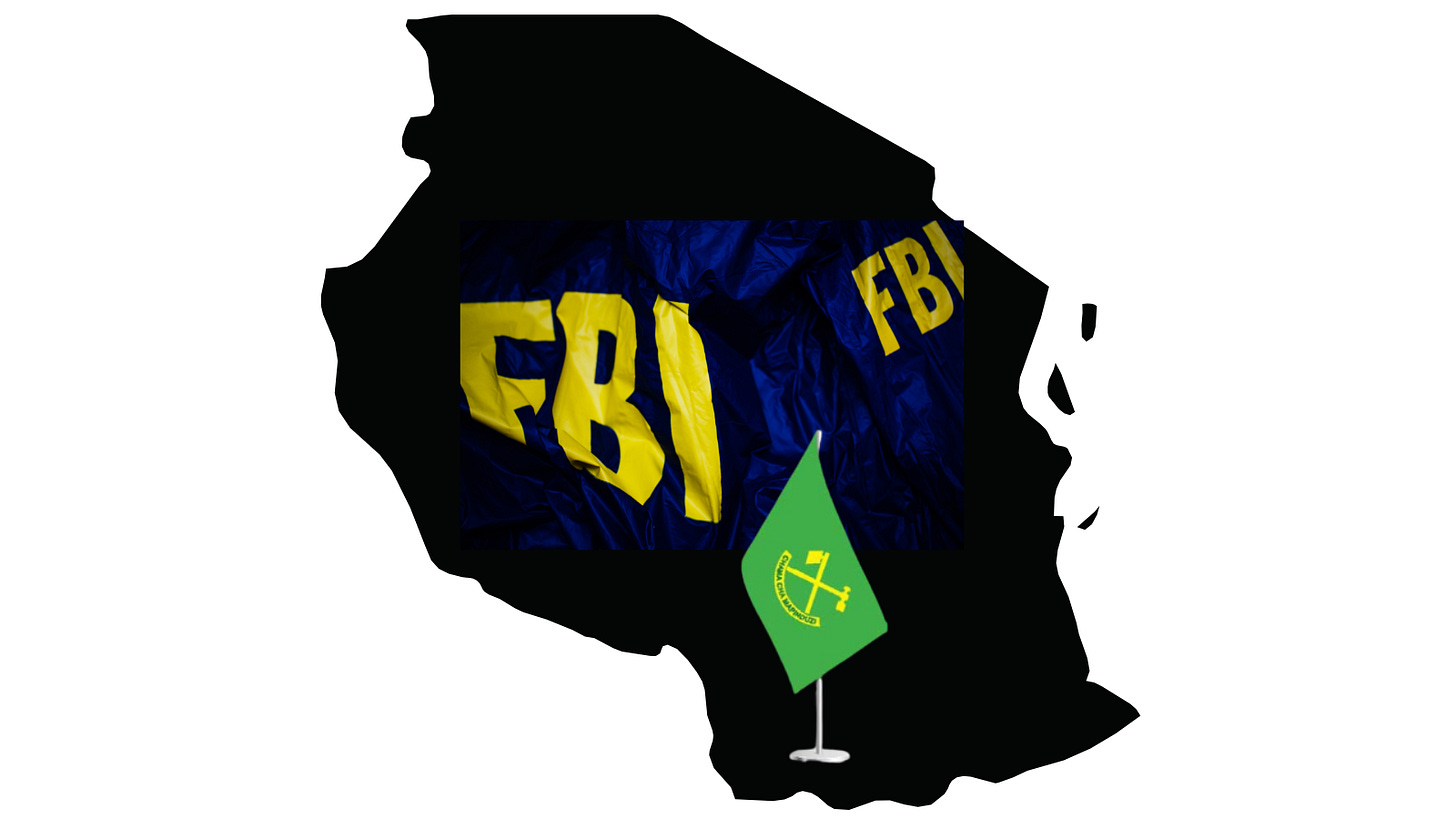Why Tanzania’s Proposed FBI-Style Agency Risks Failure Amid Endemic Corruption and Nepotism

Ujasusi Blog’s East Africa Monitoring Team | June 2, 2025 at 0115 BST
Tanzania’s ruling party, Chama Cha Mapinduzi (CCM), recently announced plans to establish a National Bureau of Investigation (NBI) as part of its 2025–2030 election manifesto. Modelled after the U.S. Federal Bureau of Investigation (FBI), the agency aims to combat complex crimes, eliminate conflicts of interest in law enforcement, and modernise investigative frameworks through technology such as CCTV and digital forensics. However, scepticism abounds about its potential efficacy. Critics argue that systemic corruption, entrenched nepotism in recruitment, and the politicisation of security institutions—exemplified by scandals at the Tanzania Intelligence and Security Services (TISS)—will undermine the NBI’s mission from the outset.
The Promise of the NBI: A New Era for Criminal Justice?
The proposed NBI represents CCM’s latest effort to reform Tanzania’s law enforcement infrastructure. According to the party’s manifesto, the agency will operate independently, focusing on high-profile crimes such as cyberattacks, organised trafficking, and financial fraud. It also seeks to address longstanding criticisms of overlapping mandates among existing agencies, such as the police, the Prevention and Combating of Corruption Bureau (PCCB), and the Tanzania Revenue Authority (TRA).
Professor Kitila Mkumbo, chair of CCM’s manifesto committee, emphasised that the NBI will leverage advanced technologies and “merit-based recruitment” to ensure efficiency. The plan aligns with President Samia Suluhu Hassan’s broader security sector reforms, which include digitising government services and strengthening anti-corruption measures.

